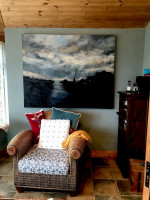Ireland: the land of music and laughter. Unlike many of my American friends and acquaintances, I don’t have Irish roots. I never truly felt the magic of St. Patrick’s Day, my family has been Lutheran for as long as time, my skin turns a lovely shade of brown in the sun, and my only association with red hair is an enduring adoration for the classy sass it portrays when paired with lipstick and freckles. However, as luck comes to luck, I was plopped onto a ferry at Holyhead, headed for Dublin, with no plans, no lifetime ambition for coming to Ireland, no idea what I might want to do or see.
And here I am, two weeks later, gradually getting my socks charmed off by the hospitable and humorous Irish. Galway, with the sunny cobblestoned streets full of gorgeous young musicians: a beaming tap dancer, a duo paired on harp and Irish accordion, a street performer with genuinely hilarious jokes, four boys in green traditional vests with smiles as big as the sun. A little old lady stopped by me as the crowd gathered on the street to watch the band, the cello player dancing as he played, all four whooping together with giant, contagious grins: “Aren’t they lovely, then?” she smiled at me, “Even me, I’m old and oh, aren’t they just lovely? God bless them.”
After a quiet celebration of the fourth of July–American flags dancing in the streets outside the pubs, possibly united by the common joy of escaping British rule–we moved on to the Aran Islands, to Inis Meáin: desolate, totally unique, known for its truly preserved use of Gaelic, unlike anything I have seen in the world. “God’s country, that is,” an Irish woman told me in the market after starting conversation with me when she saw me looking at wines. “It’s incredible, I haven’t been in years, but my memories of it… I first went when I was 18, and then again when I was 28… I’m always waiting to go back.”
“The end of the world, it is,” another woman said. “Just drops off there, you know. That’s the edge of it.” And the island is silent, not polluted by traffic sounds, only the quiet buzz of the few electric poles that run alongside the two perpendicular roads, very few bird calls, the occasional echoing moo of a cow a mile away. The island is covered by walls: rock walls four to five foot high, dividing the small rocky isle into hundred upon thousands of miniature square plots.
“Well, some of the walls are for property division, of course,” the man at the B&B informed us. “But I do believe some of it is for surface clearance,” which really got us cracking up, despite the truth of it. The island is basically a mass of rock, which over the last hundreds of thousands of years people have been breaking up into smaller chunks of rock, which are piled into walls, thus clearing the surface for plants or livestock: two cows here, a couple of mules across the way, the occasional bleating sheep. One day we left with the intention of walking completely around the island, which led us through a seemingly abandoned countryside of walls. We crossed an ancient fort (of piled rocks), along the coastline (where we stopped to eat in a sheltered cove of piled rocks), to the entirely desolate opposite side of the island, where we stumbled across the most incredible, staggering display of seaside cliffs.
Cormorants washed and played in the waterfalls as they splashed down alongside the cliffs, seagulls effortlessly gliding above the view, curiously cocking their heads to look at me as they passed. A fresh spray of salty mist splashed againt my face as I crawled close to the edge. Not a soul in sight, and possibly the most breathtaking landscape I’ve seen in my life. We walked along the coast for at least an hour, drinking it in, not seeing a single other person in the whole time we were there. After some time, the coast flattened down back to sea level and we attempted to cut inland through the labyrinth to make it back to the one road on the island: after 20 minutes of walking, we were clearly trapped and had to retrace our steps back to the coastline. So many walls. Could drive one to insanity.
Dublin has become an international city, like so many other European capital cities: flush with diversity, innumerable languages on the street, vibrant with city life, totally illogical traffic signaling that often leaves pedestrians stranded on concrete islands in the middle of opposing lanes of rushing traffic. Everything ‘Irish’ is bartered at a price: culture and history branded for money, authenticity replaced by flashing tourist traps at exorbitant prices, everyone is a tourist and everyone is drinking Guinness. I met only the occasional Irish lad working in the pub that was able to lighten up the scene by cracking jokes.
So I escaped south to Wexford, in a quiet town tucked just off the beach*, right on the coast of the Irish Sea. I spent my birthday laying on the beach and swimming in the salty sea, floating effortlessly at the surface of the water. In the pubs here everyone drinks Heineken or Carlsberg, possibly capping off the night with a Guinness. The pubs are full of laughter and music: it seems to be a requirement that the music be played live, cover songs and requests, the occasional jaunt into rebel songs and traditional folk songs a must. Jokes are played at the offense of friends or neighbors, the beer flows strong and everyone has a laugh waiting to surface: “Bloody hell, man, whaddya’ doing wearing my shorts?” yelled one very tall man to a much shorter man in high-waters, causing the two tables to roar. “Make sure you put ’em back just where you found ’em!” In another pub, a friend of a friend is a musician, his voice for singing, curly red hair cropped close to his head, reddish-blonde stubble on his face, eyes glowing with mischief and humor, a sort of restlessness in his motions: he told stories like a god, perfectly painting the scene and inviting the listeners in, humor evident throughout. I hung on his words, “Tell another story, please, would you?” and we delved into conversation about stardust and the luck of the universe. His friend was a realist painter, trained from a young age: “What was his name, again?” I asked, met only with, “Ah, I donno man.” Which I confusedly but solidly believed.
Trailing from gig to gig, we ended up overlooking the coastline as the sun began to set. There were about six of us, all ages, sitting on the picnic benches with a pint: conversation flowed into songs which flowed back into conversation. Effortlessly, one person would start to sing and suddenly we’d all join in, clapping and snapping along. The light was sucked slowly out of the sky and absorbed into the water, transforming from deep steely blue to a pink-tinged silver. Someone grabbed a guitar, and then another person went to his car for a banjo, and we were joined by some men from a nearby pub, who sang and clapped and threw out compliments: “I loved your voice there, the way it blends with the guitar. It’s really lovely, that is.” And as we retired at the end of the night, everyone was appreciative and kind, inviting the musicians to come back, wishing everyone well as we floated off to our respective places.
Musicians and artists and rebels, the lot of ’em. It’s the people that make Ireland, just as I’ve always been told. A hidden charm, buried in kindness and humor. Give it time, let Ireland soak you up. And the longer I stay, the move evident it becomes that there is something undeniably unique about this Kingdom of Éire, land of musicians and poets and artists, this misty green, gorgeous island settled in the ocean at the edge of the world.
Another week or two of vacation in Ireland for me and then it’s back to chasing trains in Scotland. Cheers, to your good health! Moving on today to the south of Ireland! Sláinte!
*Apologies from the writer. A misstatement regarding the town of Riverchapel was written based on rumor and not fact. I had a relaxing stay in the Beaches Youth Hostel (more like an apartment share than a hostel) and would highly recommend a stay to anyone looking for a peaceful day or two tucked away from the city and near the beach.
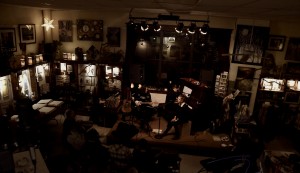
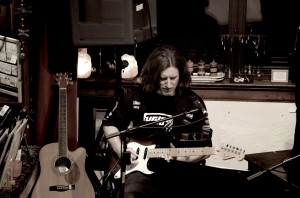
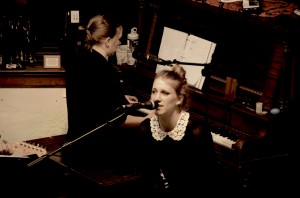
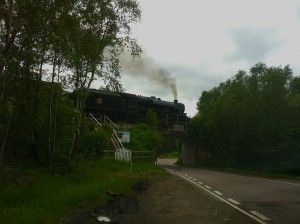
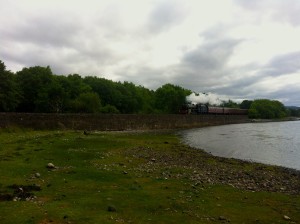
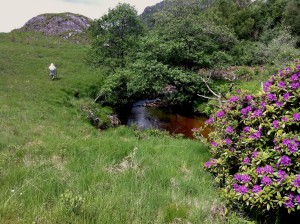
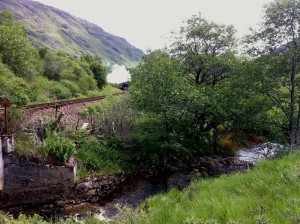
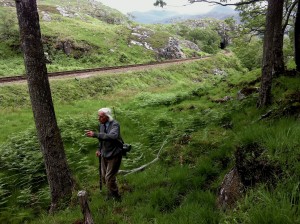
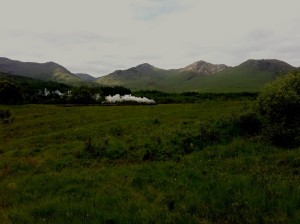
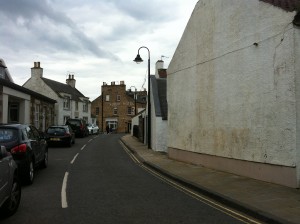
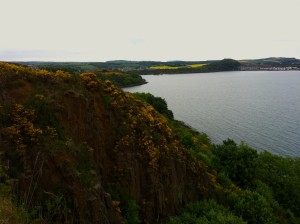
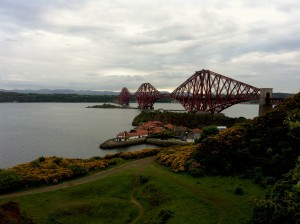
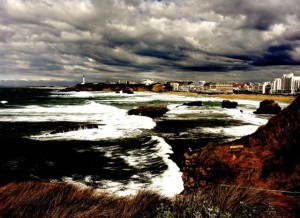
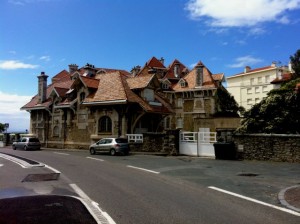
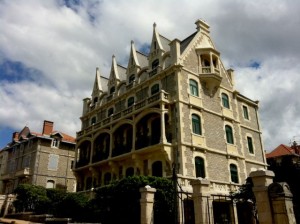
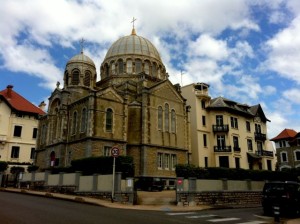
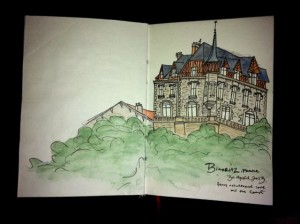
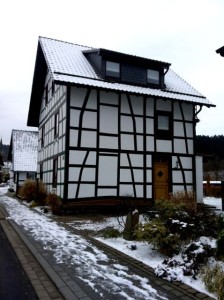
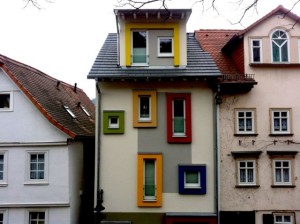
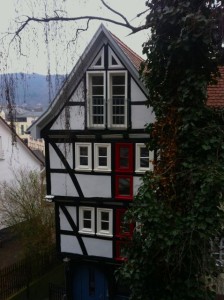
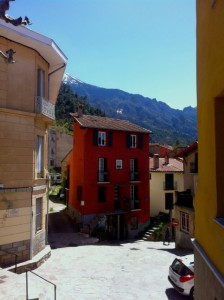
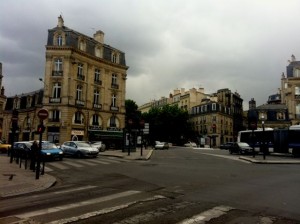
![<a href="https://whosemarginfades.com/2011/05/petals-and-wrinkles-and-spring/">Petals and wrinkles and spring.</a> - Flowers and people.
[/caption]
[/caption]
[/caption]
[/caption]
[/caption]
[/caption] Petals and wrinkles and spring.](https://whosemarginfades.com/wp-content/elegant-grunge-thumbnails/-srv-www-whosemarginfades-com-public-wp-content--uploads-2011-05-DSC-0219-200x300-jpg-150.200.jpg)
